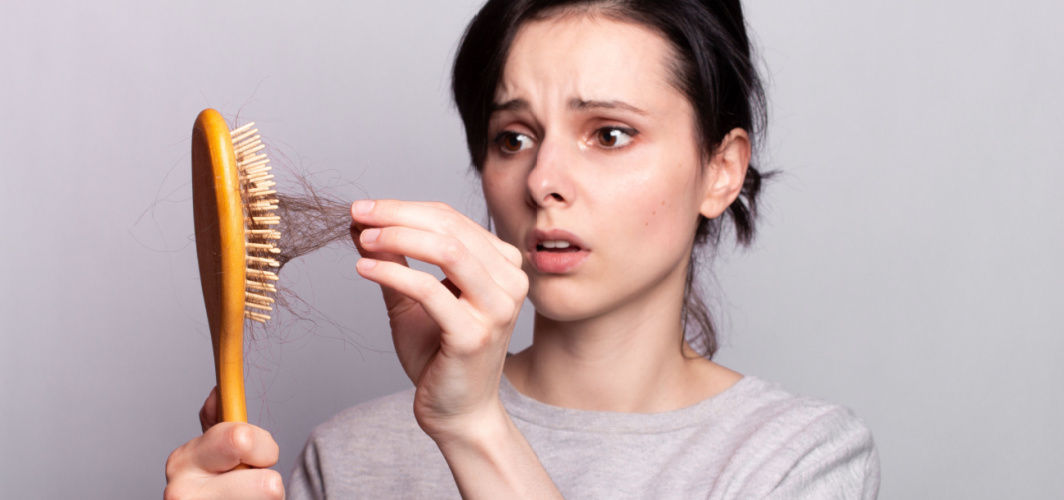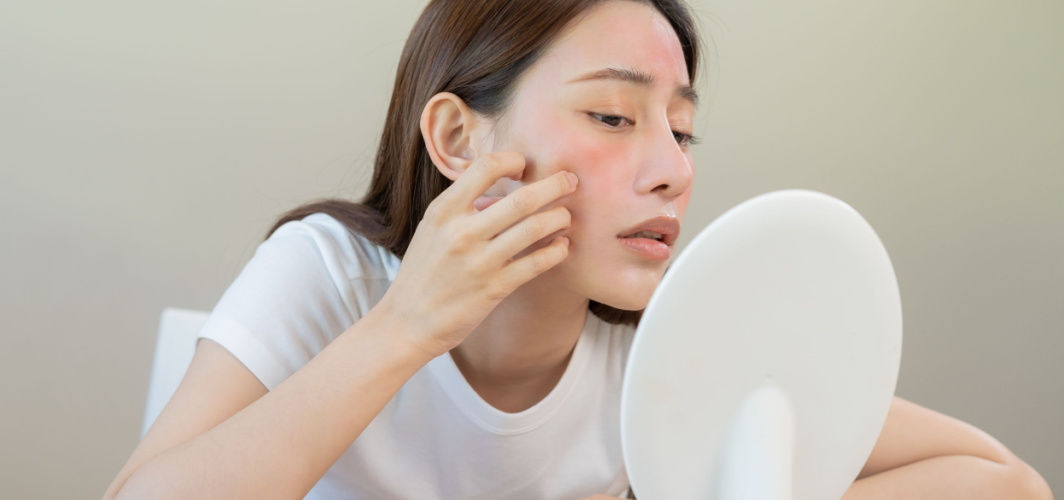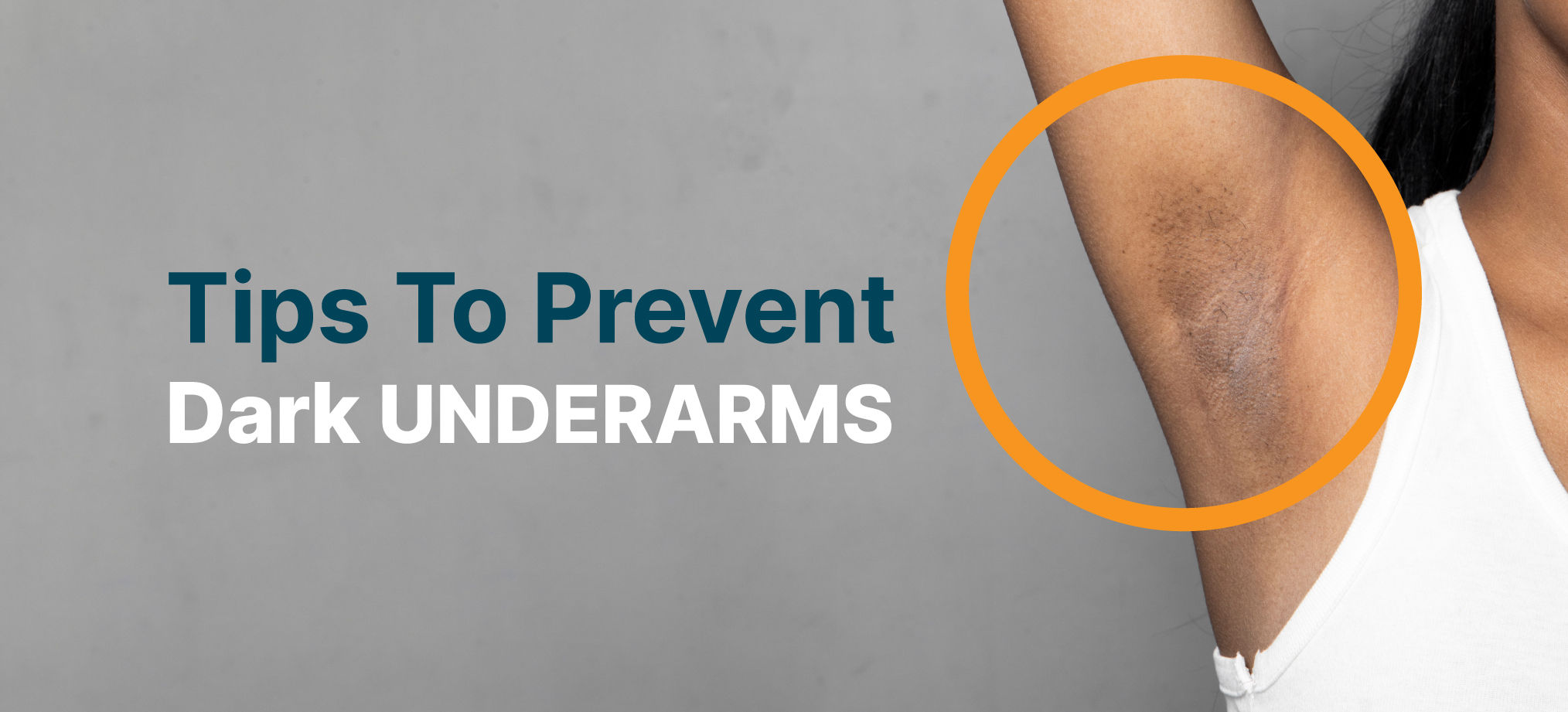Skin Care
How to Stop Hair Fall in Monsoon?
6 min read
By Apollo 24|7, Published on - 15 June 2023, Updated on - 07 August 2024
Share this article
0
0 like

As the monsoon season arrives, many people start experiencing excessive hair fall. The increased humidity, moisture, and fungal infections during monsoon can lead to hair fall and various other hair problems. However, here are a few simple tips and effective hair care practices, that can help you minimize hair fall and maintain healthy locks throughout the rainy season.
Why Does Hair Fall Increase During Monsoon?
Below are the top causes of hair fall in monsoon:
1. Excessive Moisture and Fungal Infections
The presence of excessive moisture in your scalp during the monsoon season increases the risk of developing fungal infections. These infections weaken the hair roots, leading to hair fall.
2. Swelling of Cuticles
When your hair comes in contact with water, it absorbs moisture, causing the cuticles to swell up. This swelling weakens the hair, making it dry, frizzy, and prone to breakage.
3. Acid Rain and Chemical Damage
The first rain or a long gap between rainfalls can result in acid rain, which contains harmful chemicals like sulfuric and nitric acid. When these chemicals come in contact with your hair, they can cause damage and further contribute to hair fall.
4. Humidity and Dry Roots
The high humidity in the air during the monsoon season strips the natural oils from your scalp, resulting in dry roots. Dry roots are more susceptible to hair fall, making it a common problem during this time of year.
To know the underlying cause of your hair fall, Book Apollo’s Hairfall Check Test
Tips to Prevent Hair Fall During Monsoon
Here are some helpful tips for reducing hair fall in monsoons.
1. Apply Coconut Oil
Adding coconut oil to your hair care routine can be highly beneficial in the long run. The primary cause of hair loss is weakened hair follicles and roots. By incorporating natural coconut oil into your regimen, you can nourish your scalp and strengthen your hair.
- The deep moisturizing properties of coconut oil combat dryness while improving blood circulation to the scalp, thereby promoting hair follicle growth.
- Possessing antioxidant, antibacterial, and antifungal properties, coconut oil fights off infections.
- Its high content of vitamins A and E also helps prevent fizziness, making it an excellent choice for combating hair problems during the monsoon season.
- Moreover, this oil contains lauric acid, which helps in binding protein in your hair, protecting against breakage.
2. Apply Onion Juice
A small study showed that onion juice can help regain hair growth in those spromising results with nearly 87% of participants experiencing hair growth after using onion juice. The benefits of onion juice for hair include:
- Onions are rich in essential minerals, including sulfur, which can effectively prevent hair thinning and breakage.
- Onions are also a reservoir of antioxidants, which makes their juice extremely nourishing for the scalp.
- Onions possess antibacterial properties that provide protection against infections.
- Onion seeds have the ability to rejuvenate hair follicles, thereby preventing hair thinning.
3. Wash Hair As Required
Washing your hair daily can be beneficial in protecting against hair loss as it helps maintain a healthy and clean scalp. However, it is important to use a mild, sulfur-free shampoo to avoid drying out the hair and breakage, which can otherwise contribute to hair loss.
Select a shampoo specifically formulated for your hair type to ensure optimal results. Additionally, it is advisable not to skip washing your hair after they get wet in the rain. This will help remove any pollutants or impurities that may have accumulated, keeping your hair and scalp in good condition.
4. Apply Egg Yolk
Egg yolks contain sulfur, a vital element for healthy hair. Applying egg yolks to your hair can stimulate hair growth, nourish the hair roots, and invigorate the scalp. Additionally, the presence of lecithin, a type of fat found in eggs, can moisturize the hair effectively. You can mix one egg to a cup full of yoghurt, apply the mix to hair and scalp, let it stay for half an hour and then rinse.
5. Take A Hair-Healthy Diet
A hair-healthy diet is not only beneficial during monsoons but all year round. Consuming a diet that promotes hair growth and reduces hair fall is essential. Hair follicles primarily consist of a protein called keratin, so incorporating protein-rich foods into your meals can help prevent hair loss. Opt for protein-rich foods such as
- Eggs
- Beans
- Nuts
- Peas
- Fish
- Chicken breast
- Low-fat dairy products
Another important nutrient for hair health is vitamin A, which contains retinoids that influence the hair cycle and support healthy hair growth. Vitamin A-rich foods include:
- Sweet potatoes
- Spinach
- Organ meat like liver
- Eggs and dairy products
Conclusion
Preventing hair fall during the monsoon season is possible with the right care and practices. Follow these tips to keep your hair in top health during this time of the year. If you continue to experience excessive hair fall despite trying everything, consult with a dermatologist to determine the root cause of the problem and start appropriate treatment right away.
FAQs
Q. Is it normal to lose hair in the monsoon?
Yes, many people experience increased hair fall in the rainy season, which is mainly because of the increase in humidity and moisture in the atmosphere. The acidic nature of rainwater that causes dandruff and dry scalp is another reason for increasing hair fall in the monsoon.
Q. How much hair fall is considered normal?
Shedding 50-100 strands in a day is considered normal. However, if it increases, you must consult a dermatologist.
Q. How to prevent hair fall during monsoon?
Try to stay indoors when it is raining. If you need to go out, try to keep your hair covered with an umbrella, raincoat or rain bonnet. Also, make sure to thoroughly but gently rinse your hair if they get wet in the rain.
Q. Is monsoon hair fall worse for people with longer hair?
Hair fall has nothing to do with the length of your hair. Longer hair just appears to shed more because of the hair shaft length.
Q. Deficiency of which nutrient causes hair loss?
Riboflavin, biotin, vitamin B12, and folate deficiencies have been associated with hair loss. You may need to get tested for vitamin deficiency to confirm the underlying cause.
Medically reviewed by Dr. Sonia Bhatt.
Skin Care
Consult Top Dermatologists
View AllLeave Comment
Recommended for you

Skin Care
PRP Therapy For Skin And Hair: Know The Benefits & Side Effects
Explore the effectiveness of platelet-rich plasma (PRP) therapy for skin rejuvenation and hair regrowth. Discover how PRP stimulates collagen production, improves skin texture, and promotes hair growth. Learn about PRP treatment's benefits, procedures involved and potential side effects.

Skin Care
Rosacea Acne: Definition, Causes, Triggers, Symptoms, Treatments & Prevention
Discover rosacea acne, a chronic skin condition, along with its causes, triggers, symptoms, treatments, and prevention strategies.

Skin Care
Can Your Deodorant Cause Dark Underarms?
Dark underarms is a common skin problem that becomes bothersome during summers when you wear those cut-sleeves. However, it is possible to get rid of them effectively.
Subscribe
Sign up for our free Health Library Daily Newsletter
Get doctor-approved health tips, news, and more.
Recommended for you

Skin Care
PRP Therapy For Skin And Hair: Know The Benefits & Side Effects
Explore the effectiveness of platelet-rich plasma (PRP) therapy for skin rejuvenation and hair regrowth. Discover how PRP stimulates collagen production, improves skin texture, and promotes hair growth. Learn about PRP treatment's benefits, procedures involved and potential side effects.

Skin Care
Rosacea Acne: Definition, Causes, Triggers, Symptoms, Treatments & Prevention
Discover rosacea acne, a chronic skin condition, along with its causes, triggers, symptoms, treatments, and prevention strategies.

Skin Care
Can Your Deodorant Cause Dark Underarms?
Dark underarms is a common skin problem that becomes bothersome during summers when you wear those cut-sleeves. However, it is possible to get rid of them effectively.
